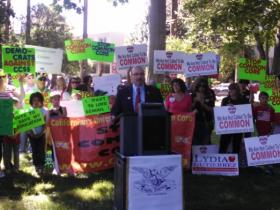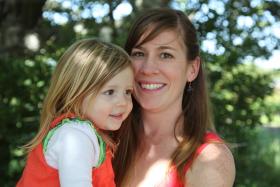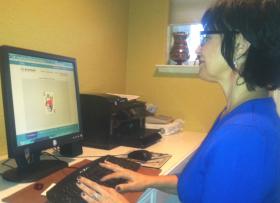North Bay Reports that deal with health and wellness in Sonoma County.
(July 21, 2015)
Hospice care, for people with terminal illnesses, is well established now. Palliative care is not as well known, but can actually do more.
In many ways, says Dr. Gary Johanson, Director of Memorial Hospice and Palliative Care Service for St. Joseph's Annadel Medical Group, the modern practice of palliative care is a return to the care-giving philosophy that prevailed before the era of modern medicine.
To display the relative roles of varying forms of medical care, Dr. Johanson has prepared the Venn diagram below.
Read more http://radio.krcb.org/post/why-palliative-care-growing
(May 1, 2014)
ALSO: California legislation that would extend Medi-Cal eligibility to undocumented immigrants has passed the state Senate Health Committee.
Today's reporting by Katie Orr and Max Pringle.
Read more http://radio.krcb.org/post/opponents-remains-common-core-nears-implementation
About a decade ago health officials declared an end to measles in the United States. But the disease is making resurgence due, in part, to a decline in vaccination rates. While scientific studies have repeatedly proven the safety and efficacy of vaccines, Sonoma County remains one of the places most at risk for outbreaks, with some of the highest rates of unvaccinated kids in the country. Within Sonoma County the highest rates cluster around Sebastopol where, says Lily Borgeson, there is intense community opposition to vaccines.
"I have learned that it's honestly not something to talk about with other moms," says Borgeson, mother to 3-year-old Mesa. "It feels like it's impossible to have a calm, productive conversation about it."
That concerns public health advocates, who almost universally support immunizations. Some feel it has been too easy in the past for parents to sign a form freeing them of the need to immunize their children prior to kindergarten. In January the state legislature passed a new law requiring parents to consult with a medical professional prior to turning in an exemption form. Health advocates hope that this will shift the debate's focus away from contentious online forums and toward more reliable sources of information.
"If [parents] still choose not to have their child immunized, that is their right," says Becky Raymond, school nurse for Sebastopol Union School District. "But I hope they’re doing it with a good understanding of the risks and the benefits. From a public health perspective, it’s a really positive move."
Read more http://radio.krcb.org/post/what-behind-sonoma-countys-low-vaccination-rates
(April 8, 2014)
A new online registry allows participants to monitor their own cognitive abilities, while also becoming part of a pool of people who might be part of future research projects studying human brain health.
Dr. Michael Weiner, chief investigator for the new Brain Health Registry at U.C. San Francisco Medical Center, says they hope to recruit a broad cross section of the American population, and quickly expand to include international participants.
For Alzheimer’s researcher Dan Mungas at UC Davis, the registry offers an unprecedented opportunity to find the most valuable research subjects for future studies in his specialty.
(July 23, 2015)
Dyslexia is more common and more complicated than is usually acknowledged. But there are upsides to the condition, too.
In the classroom, says Susan Barton, founder of Bright Solutions for Dyslexia, teachers should not press students to do things that expose them to embarrassment or ridicule because of their limitations. Instead she offers a series of modest accommodations that can enable those same students to succeed.
Susan Barton will present a free seminar, “Dyslexia: Symptoms and Solutions,” on Thursday evening, March 27 at 6 pm at Sonoma Country Day School. Find out more about the event here.

 Live Radio
Live Radio







